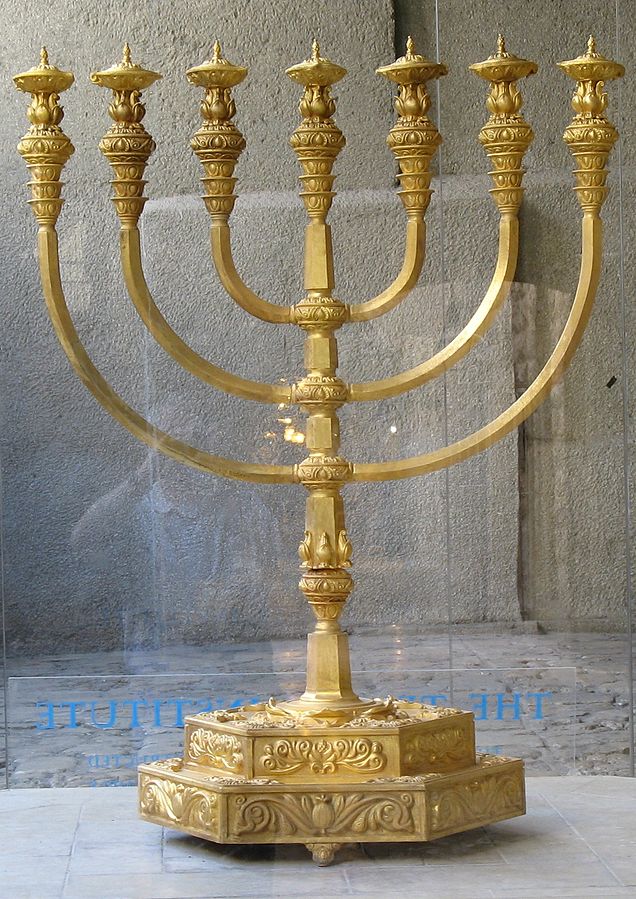TODAY’S BIBLE READING CHALLENGE:
Genesis 1:1-2:25
Matthew 1:1-2:12
Psalm 1:1-6
Proverbs 1:1-6
Welcome to this Year’s Bible Reading Challenge!
We’re glad you’re joining with us this year to read through the Bible. The first day of the year is a new day – we can move past the failures of yesterday and start the year right. What better place to start the new year than in God’s Word!
Genesis 1:1 — This verse talks about where the world began. If you’ve been to the Creation Museum, you’ve seen an incredible exhibit on the amazing work of God. If you were in the planetarium and saw the Created Cosmos presentation, you saw how amazingly immense the universe is – and yet the universe is so insignificant to God He just says he “created the heaven.”
Genesis 1:3 — If you’re wondering how you can have light before the sun – Institute for Creation Research’s Defender Study Bible notes:
The existence of visible light prior to the establishment of the sun, moon and stars (Genesis 1:16) emphasizes the fact that light (energy) is more fundamental than light givers. God could just as easily (perhaps more easily) have created waves of light energy as He could construct material bodies in which processes function which generate light energy. The first is direct (since God is light!), the second indirect. For the creation of such light generators, see note on Genesis 1:14.
https://www.icr.org/bible/Genesis/1/3
Need to remember the days of creation? Patch is here to help!
Matthew 1 — Congratulations on making it through your first set of genealogies! While many skim through the genealogies, there’s some interesting names you can catch – 1:3 (Tamar), 1:5 (Ruth), 1:6 (Uriah); these three people would not be found in an elitist pedigree (each brings up an embarrassing story), but God in His mercy allowed them to be part of the family tree of His Son!
Psalm 1 — Here’s an outline of the chapter – notice the parallelism of the contrast:

By the way, did you catch the blessing God has for you in Psalm 1? If you delight in His Law, God has a blessing for you! And if you want to memorize Psalm 1, Patch the Pirate has a great song to help you!
And if you need wisdom, Proverbs 1 reminds you that wisdom is what the Book of Proverbs is all about!
Welcome to the Bible Reading Challenge – I’m excited to travel with you!
~ Randy
Share how reading through the Bible has been a blessing to you! E-mail us at 2018bible@vcyamerica.org or call and leave a message at 414-885-5370.





















